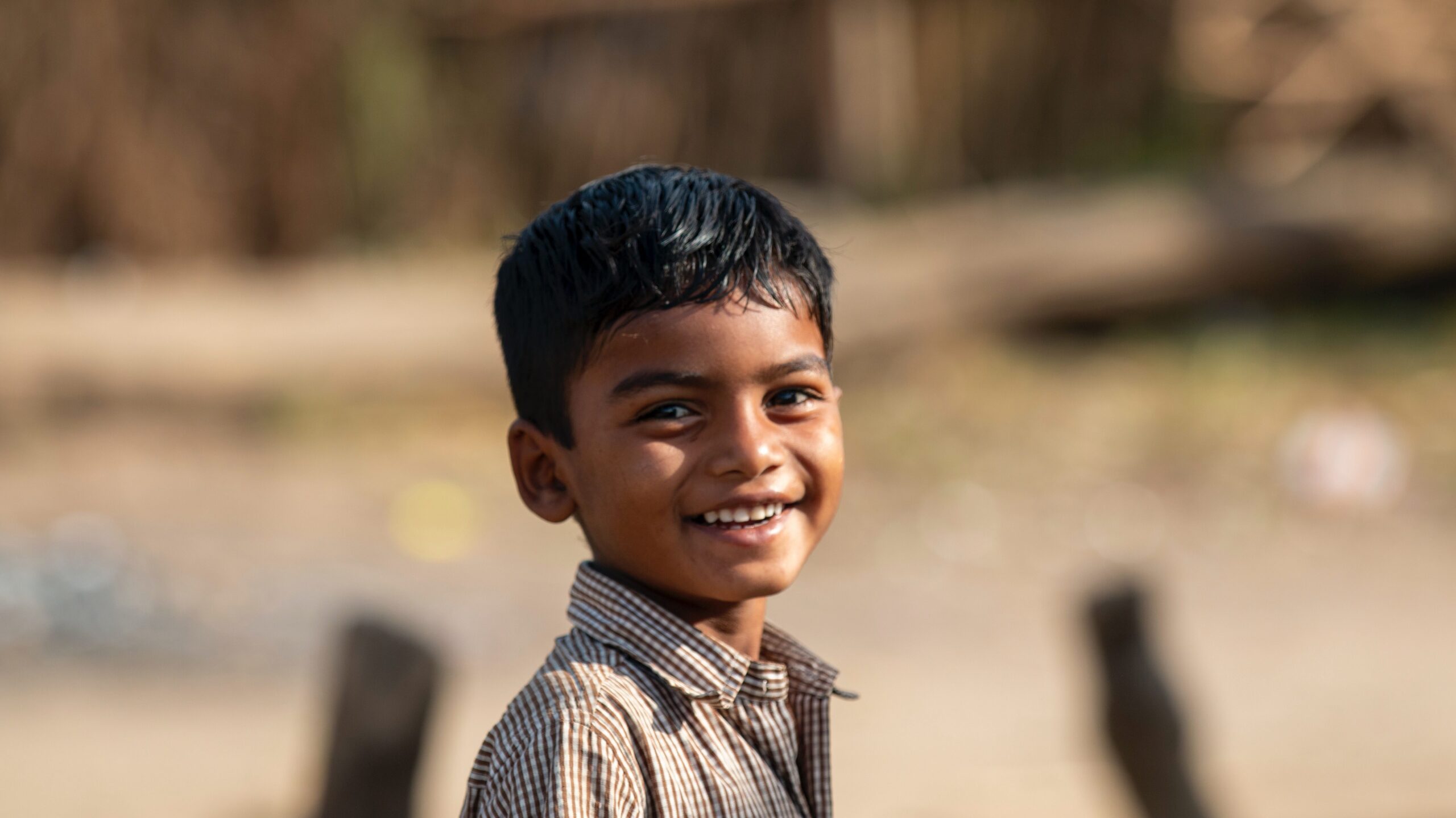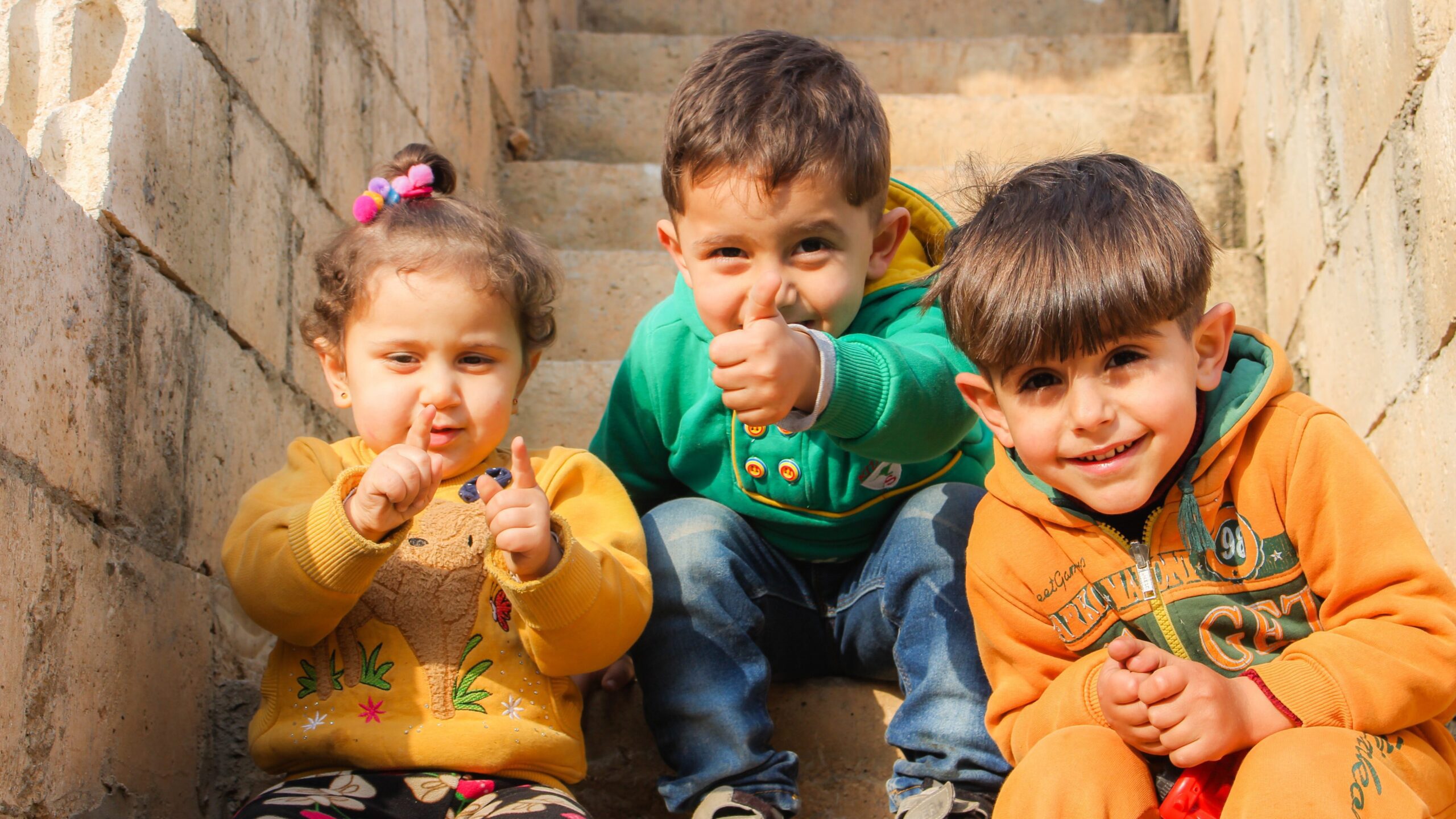Over 150 policymakers, faith actors, representatives of governments and UN agencies and other humanitarian actors got together to produce concrete policy recommendations to advance faith-sensitive mental health and psychosocial support for children on the move.
UNICEF estimates that 37 million children are on the move in the world today. Children affected by forced migration and displacement are one of the most vulnerable groups, suffering from multiple violations of their rights and experiencing stressful and traumatic conditions that have a severe impact on their psycho-social well-being.
The rapid increase in child migration in the last decade has highlighted the need to set up specific policies and frameworks to protect children on the move.

While mental health and psychosocial support of children on the move have been at the center of many effective approaches to enhance the protection and well-being of migrant children, faith-inspired psycho-social support frameworks have been largely overlooked.
“We need to meet people, children included, where they are at. We need to listen, learn, seek to understand and tailor our approaches. We need to make sure that policy leaves room for taking into consideration the religious and spiritual experience of the population in question,” stated Ms. Stephanie Shanler, Child Protection Specialist at UNICEF, during the roundtable discussion focused on Syria.
Faith-sensitive mental health and psychosocial support approaches play a crucial role in ensuring the well-being of children on the move. Spiritual nurture supports children’s resilience, acting as a protective factor positively affecting trauma responses during displacement.
Three roundtable discussions dedicated to producing policy recommendations were organized between December 2022 and February 2023. The discussions were focused on the countries of the Northern Triangle in Latin America (Guatemala, Honduras and El Salvador), Syria and Ukraine.
“It is not ‘faith-sensitive’ in terms of knowing everything about religious expression. It is very much about listening and asking questions. So much of the guidelines (Faith-Sensitive Approach in Humanitarian Response) is about mapping, assessing, listening, identifying,” highlighted Professor Alastair Ager, Director of the Institute of Global Health and Development at Queen Margaret University, at the Roundtable focused on the Ukraine crisis.

These roundtables were organized under the umbrella of the Partnership on Religion and Sustainable Development (PaRD) and sponsored by GIZ. They were co-hosted by Arigatou International, the Institute for Global Health and Development at Queen Margaret University, the United States Institute of Peace, World Vision International, KAICIID Dialogue Center, Islamic Relief Worldwide, the Network for Traditional and Religious Peacemakers and Syria Bright Future for the roundtable in Syria.
“We recognized, as we started rolling out the program, that faith leading was needed, especially as it was one of the few positive things in a child’s life that they could hold on to, that can propel positive behavior,” said Christalle Gemon, when sharing about her experience working with children and youth at the UNDP Trinidad and Tobago Accelerator Lab.
The first phase of this project took place back in 2021 when a series of three webinars were organized for educators and policymakers working with migrants and refugees in Europe. A booklet titled “Faith Sensitive Mental Health and Psychosocial Support (MHPSS) to Foster Resilience in Children on the Move” was launched in November 2021 as part of the project. The booklet builds on the reflections and recommendations collected during the series of webinars.
The policy discussions helped translate the knowledge and best practices outlined in the booklet into concrete policy recommendations. A policy brief will be developed in the first half of 2023 to inform the efforts of host governments and other relevant stakeholders in supporting, adopting and implementing faith-sensitive mental health and psychosocial support approaches as part of a broader strategy to foster peacebuilding and sustaining peace.
The post Developing Policy Recommendations to Advance Faith-sensitive Mental Health and Psychosocial Support for Children on the Move appeared first on Ethics Education for Children.